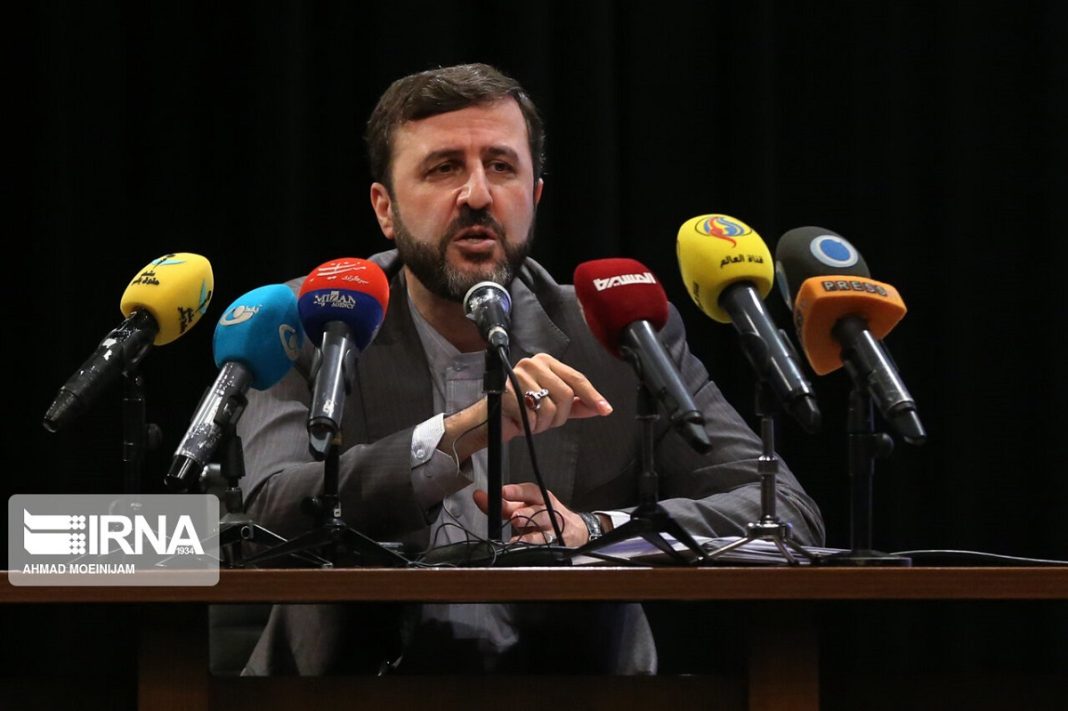Kazem Gharibabadi was speaking at the UN Human Rights Council meeting in Geneva.
Gharibabadi said Iran is self-sufficient in producing most of the medicines it needs but it has to import some rare materials.
He noted that foreign companies decline to sell such medicines to Iran and this has endangered the health of patients in the country.
The Iranian Judiciary’s deputy chief for international affairs described the sanctions as a big obstacle to international cooperation, especially concerning refugees and the fight against narcotics.
Gharibabadi also spoke about the impact of unilateral sanctions on other issues such as inflation, employment and infrastructure.
He said unilateral coercive measures (UCMs) are an example of crime against humanity as they cause many people to lose their lives.
Gharibabadi noted those that impose such bans on nations must be held accountable for their actions.
Elsewhere in his remarks, the Iranian rights chief thanked the UN special rapporteur for her report on the impact of the unilateral sanctions on Iran.
In the report, Ms. Alena Douhan criticized the sanctions on Iran and demanded the removal of all unilateral coercive measures against the country.
She urged the UN to come up with required mechanisms to give reparations to victims of such acts.
